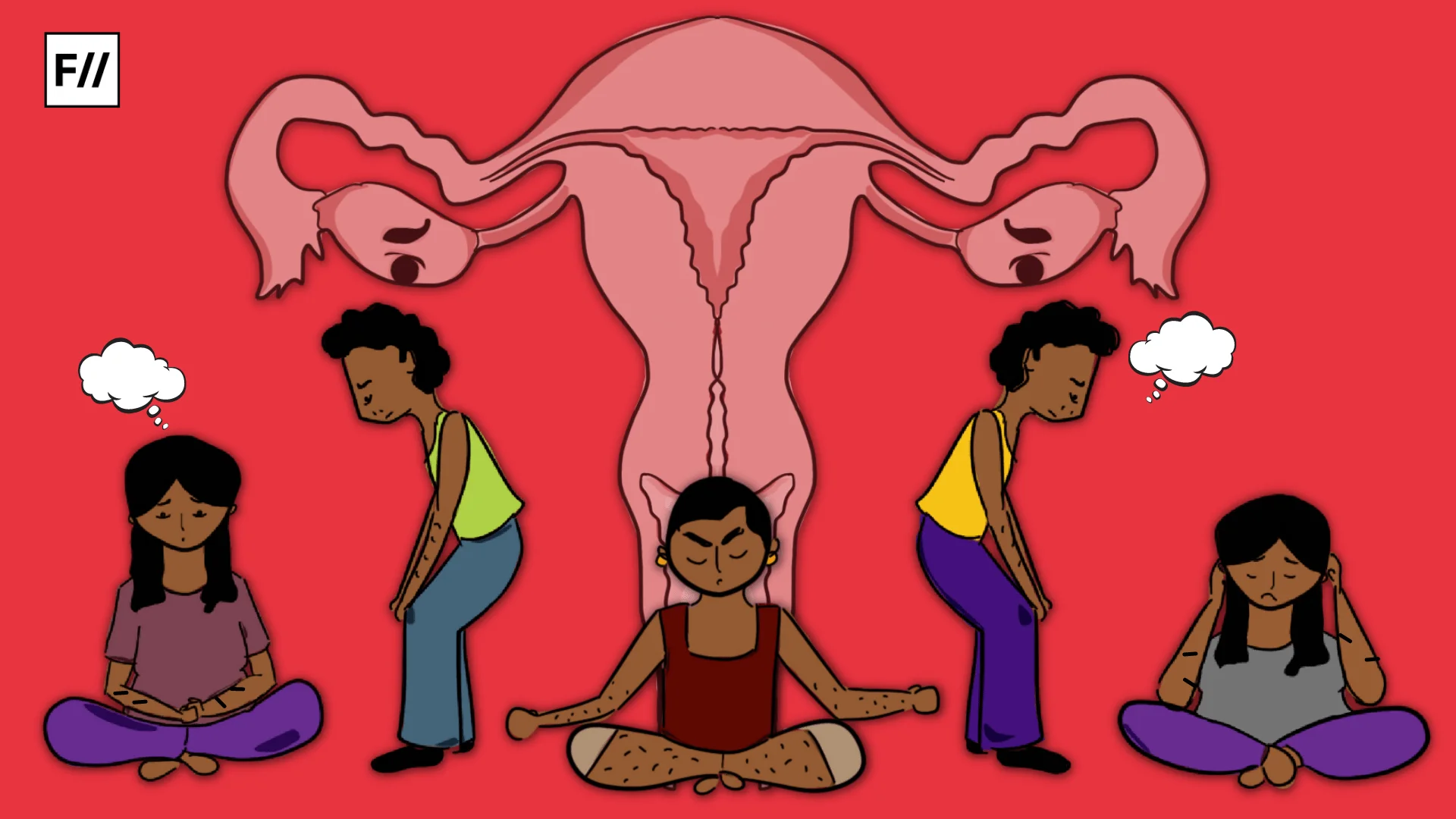On a cold February evening in 1991, in a New York city restaurant, a group of NGO workers congregated under the support of UNICEF to establish the World Alliance for Breastfeeding Action. Their mission? To champion the cause of breastfeeding women all over the world. Since 1991, the world has celebrated World Breastfeeding Week during the first week of August each year igniting global conversations.
Since 1991, the world has celebrated World Breastfeeding Week during the first week of August each year igniting global conversations.
This year, as we focus on closing the gap in supporting all mothers, it is important to recognise the extraordinary strides we’ve already made. A testament to this progress is the unprecedented inclusion of a creche within the Olympic Village, a symbol of our evolving understanding of the needs of breastfeeding athletes.
Why is breastfeeding so important?
According to the World Health Organisation (WHO), breast milk is the ideal first food for babies. It is safe, clean, and promotes both physical and cognitive development in children. Colostrum, the first milk a mother produces, is often referred to as ‘nature’s first vaccine.’ Rich in immunoglobulins, it provides crucial protection against bacteria, viruses, and other pathogens, giving newborns a healthy start to life. Breast milk delivers hormones, growth factors, and long-chain fatty acids that support overall growth and development.

Optimal breastfeeding practises have been linked to improved cognitive and mental development, better performance in schools which in turn ensures higher paying jobs in the future. And it’s not just great for babies. Mothers benefit too, with lower risks of breast cancer, ovarian cancer, type 2 diabetes as well as postpartum depression. Breastfeeding also strengthens the bond between a nursing mother and her child.
Battling breastfeeding bias
Despite breastfeeding being a natural and essential process, many mothers face significant hurdles in meeting this fundamental need. The physical and mental toll of childbirth, combined with increased responsibilities of caring for a new life makes new motherhood a challenging period. Beyond medical issues, societal attitudes, workplace obstacles, and a lack of support at home can often leave mothers feeling isolated and without recourse.
These challenges are even more pronounced for women from socio-economically disadvantaged backgrounds. Low rates of early initiation and exclusive breastfeeding are common among these groups, often due to factors such as inadequate nutrition, insufficient support, and a lack of breastfeeding-friendly environments. Women with lower education levels or incomes are less likely to breastfeed their children.
There is a collective societal responsibility to ensure mothers receive the support, encouragement, and resources they need to successfully breastfeed considering its importance in ensuring maternal and child health.
There is a collective societal responsibility to ensure mothers receive the support, encouragement, and resources they need to successfully breastfeed considering its importance in ensuring maternal and child health. We need to normalise it and offer safe clean spaces in all public places, from shops to bus stands, malls to metros, and ensure mothers can breastfeed everywhere, when required.

Support from groups and healthcare workers can empower mothers through shared experiences, counselling, and practical guidance. Women who receive counselling during and immediately after childbirth at healthcare facilities are more likely to initiate breastfeeding within the first one hour and continue with optimal breastfeeding practises.
At the individual household level, family support is crucial. Women who receive unwavering support of their partners in the form of shared household and childcare responsibilities along with emotional encouragement are more likely to continue breastfeeding for the recommended duration (exclusive breastfeeding for first six months and complementary breastfeeding thereafter till the age of 2).
Finally, workplace policies are a critical determinant in improving breastfeeding rates among working mothers.
Finally, workplace policies are a critical determinant in improving breastfeeding rates among working mothers. Employers play a crucial role in supporting families and enabling women to continue it for as long as they choose. Provision of lactation rooms, flexible work arrangements, and adequate maternity leave (for a minimum of 6 months) are essential steps in achieving this goal.

The advancement at the Olympics and the ongoing celebration of World Breastfeeding Week reflect a broader commitment towards ensuring care for all mothers. Recognising and supporting female athletes and new mothers are crucial steps forward in promoting a more inclusive and empowering environment for women everywhere.
As World Breastfeeding Week draws to a close, let us celebrate not only our sporting champions but also the unsung heroes at the heart of our society who are ensuring the health and nutrition of the next generation: breastfeeding mothers.




